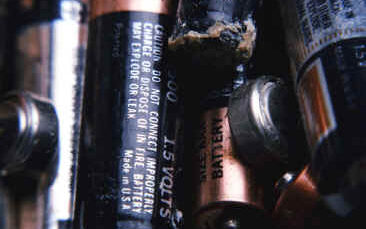The European Commission (EC) has launched a public consultation into the EU’s Batteries Directive, as part of a fundamental review of laws governing batteries in Europe.
Current legislation, which came into force in 2006, is based on data and the market situation that existed around the turn of the millennium— before lithium-ion technology had fully come into widespread use.
Now EC chiefs say it is time to consider how legislation can best be updated to consider advances in battery technologies and tackle topical issues facing industry today.
José Rizo-Martin, of the EC’s environment directorate, launched the public consultation at last week’s International Congress for Battery Recycling (ICBR) in Lisbon, organised by Switzerland-based ICM. The consultation period runs until 28 November 2017.
Rizo-Martin told the ICBR, which meets annually to discuss end-of-life issues relating to batteries, a review of the Batteries Directive was needed to address current and future challenges the industry is likely to face.
Before the 2006 Directive, lead-acid technology dominated the market, Rizo-Martin said. He said the Directive was based largely on the industry as it stood in the years 2000 to 2005.
“Today, the Directive has to meet the needs of many stakeholders, including consumers. Ideally, it can be made flexible enough to take account of new battery chemistries that don’t yet exist,” Rizo-Martin said.
According to Rizo-Martin, new EU legislation should tackle contradictions that exist between the Batteries Directive, the End of Life Vehicles Directive and REACH (Registration, Evaluation, Authorisation and Restriction of Chemicals) Directive, “in the interests of better quality of legislation, better consumer information and above all no more waste batteries”.
Rizo-Martin said existing EU laws class batteries by usage types at the time of issue. But he said the world had changed, new uses had emerged and battery manufacturers had enabled a new generation of ever-connected, wireless appliances that have revolutionised mobility, communications, energy, medical care and more.












